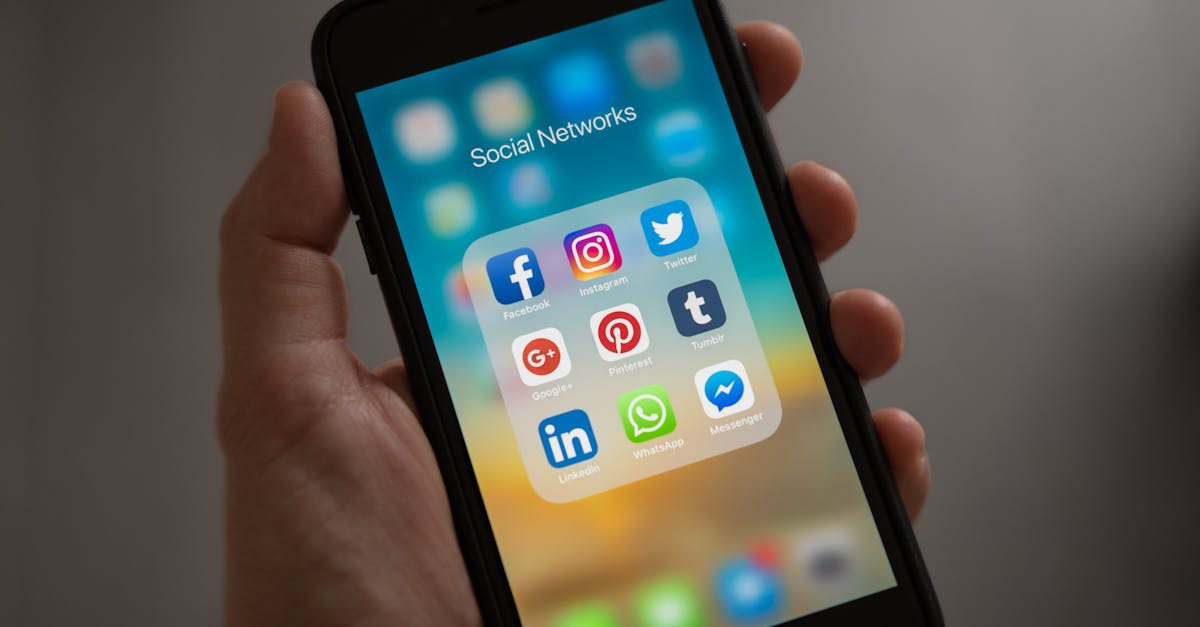In today’s digital world, social media is more than just a place to share photos and connect with friends—it’s also become a playground for scammers. From fake giveaways to investment traps, fraudsters are getting smarter, faster, and harder to detect.
If you use platforms like Facebook, Instagram, TikTok, LinkedIn, or X (formerly Twitter), here’s what you need to know to protect yourself from the newest scam tactics.
🚨 The Rise of Social Media Scams
Scammers use social media because:
- It’s easy to impersonate real brands or people
- They can target you directly via DMs or ads
- You’re more likely to trust content shared by friends or influencers
According to recent reports, losses from social media scams now account for over 30% of all online fraud cases.
🧠 Most Dangerous New Tactics in 2024
1. Fake Influencer Giveaways
You’ll see a post like:
“We’re giving away $10,000! Just like, share, and message us your details.”
❌ The account is fake or hacked.
✅ Legitimate giveaways never ask for bank info or payments.
2. Crypto Investment Scams
Fake profiles promise:
“I turned $300 into $5,000 in 2 days—DM me to learn how!”
These are often bots or fake success stories. Once you send money, you never hear from them again.
3. Romance and Friendship Scams
Scammers build emotional trust before asking:
- For money due to a fake emergency
- To “invest together” in crypto or stocks
- For your banking or ID documents
4. Job or Remote Work Offers
You’re promised easy money or a high-paying remote job… but first, they ask you to:
- Pay a training fee
- Share your bank details
- Download malware
5. Phishing Ads or DMs
You might receive a direct message like:
“Your page is at risk of being deleted. Click here to confirm your account.”
These links lead to fake login pages that steal your password.
🔐 How to Protect Yourself on Social Media
- Verify profiles before engaging—check blue checkmarks, followers, and post history.
- Never share private info like ID, credit card, or passwords via DM.
- Don’t click suspicious links, even from friends (their account might be hacked).
- Enable 2-factor authentication on all accounts.
- Report and block suspicious users and ads immediately.
❗ What to Do If You’ve Been Scammed
- Stop all contact with the scammer.
- Take screenshots of all messages, profiles, and transactions.
- Change your passwords and secure your accounts.
- Report the scam to the platform and your bank.
- Reach out to a recovery expert for help tracing and potentially retrieving lost funds.
💬 Fast-Recover Can Help
If you’ve fallen victim to a social media scam, don’t suffer in silence. At Fast-Recover, we specialize in helping victims of online fraud take legal and technical steps to pursue recovery.
✅ No upfront fees
✅ Confidential & professional service
✅ Free case evaluation


